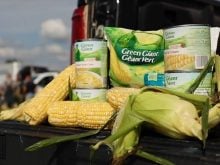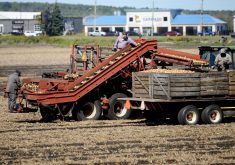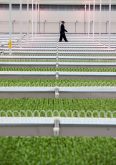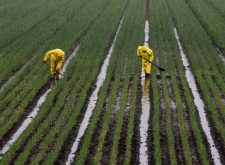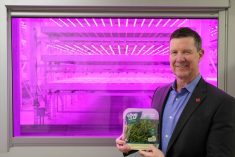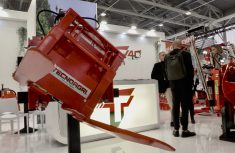Big data is powering new software that can predict highly accurate greenhouse vegetable yields weeks ahead of harvest.
Using growing conditions in the greenhouse, Motorleaf’s smart system is able to estimate within a few percentage points how many peppers and tomatoes a greenhouse will produce and when.
According to the Quebec-based start-up, a wealth of data is available around greenhouse vegetable production, and through computer analysis of the information and trends, it can be turned into the kind of information growers and buyers want, such as accurate production predictions.
Read Also
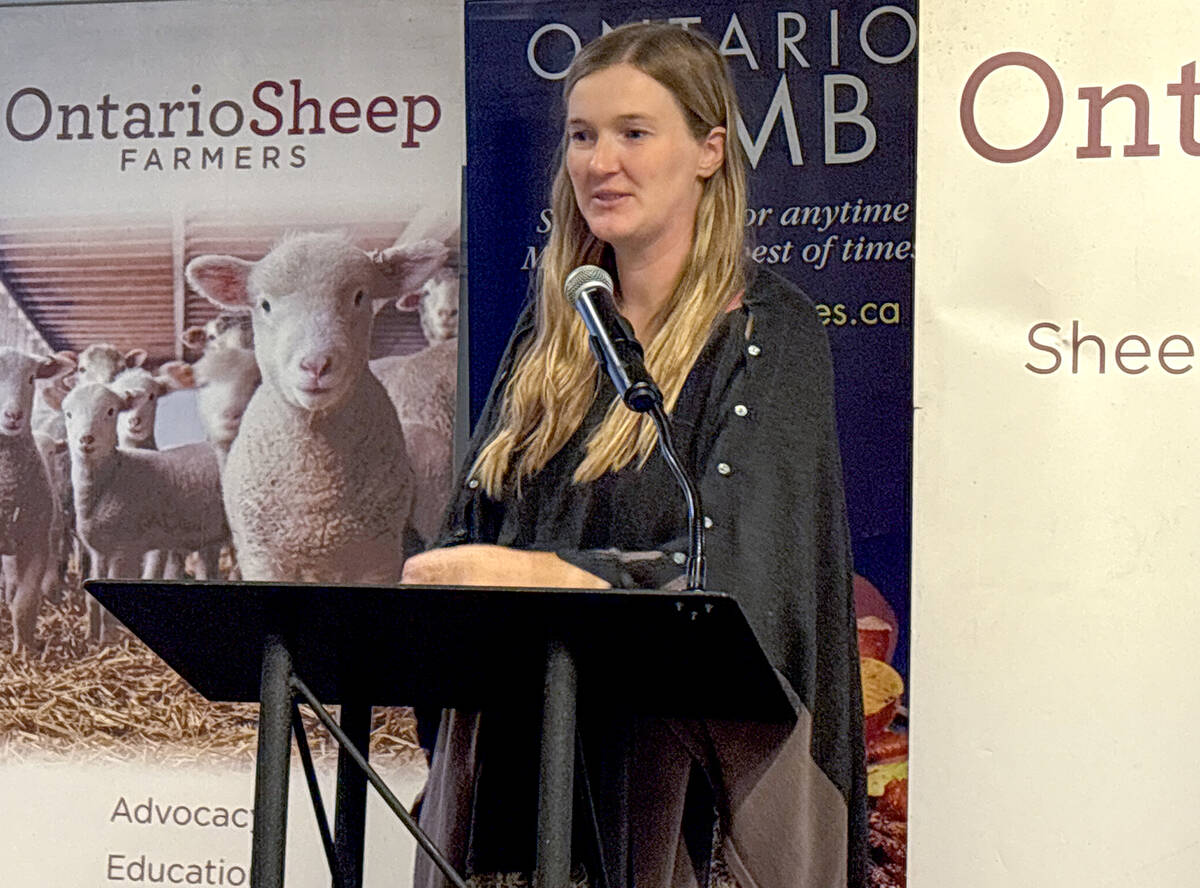
Footflats Farm recognized with Ontario Sheep Farmers’ DLF Pasture Award
Gayla Bonham-Carter and Scott Bade, of Footflats Farm, win the Ontario Sheep Farmers’ 2025 DLF Ontario Pasture Award for their pasture management and strategies to maximize production per acre.
Why it matters: Accurate harvest forecasts enable growers to better plan labour requirements, and time marketing and pricing strategies.
“We’ve spoken to a lot of growers worldwide and we’re trying to solve a global problem,” says Motorleaf’s director of artificial intelligence, Scott Dagondon. “Deals are based on the ability to deliver on pre-commitments, but manual prediction can be unreliable, causing growers to be penalized.”
According to Motorleaf, manual error rates can run between 20-30 per cent, whereas the smart system’s error rate is less than 10 per cent.
This same system is also able to automate disease scouting by analyzing the growing conditions inside a greenhouse and identifying zones that are experiencing stressors that might make the plants more vulnerable to disease, like heat or dryness. Growers can receive alerts of problem zones so they can take early action, resulting in potentially less crop loss or damage.
“Plants don’t live in a vacuum; there is a lot of data that governs how they will grow and behave and we are telling growers we can answer your questions using your own data,” Dagondon says. “We’ve never met a grower that says this is useless. They need this type of service.”
Motorleaf’s Jason Behrmann, senior marketing communications manager, says the technology uses crop data growers already collect through their existing operations, instead of requiring the purchase of sensors and other equipment.
This enables the company to develop customized services for a one-time fee — estimated at less than $10,000 — and growers then pay a monthly subscription fee during their harvest cycle.
“We price the service on average at $260 per plant variety, per hectare per month, with special rates for growers cultivating multiple varieties of tomatoes and peppers,” he wrote in an email.
The success of Motorleaf’s predictor software depends on the quality and frequency of the data collected in the greenhouse. The data growers provide is used only for algorithm development specifically for their own operation.
In addition to peppers and tomatoes, the company is working with the cannabis industry, and is pursuing cucumber and strawberry production as well.
Current Canadian clients are in Leamington, Ont., and British Columbia, and the technology is being rolled out to a broader segment of the market through a partnership with Dutch greenhouse supplier Cultilene.
“They (Cultilene) are our direct gateway into Dutch growers, and they are actively introducing us into their existing client base,” says Motorleaf’s Jennifer De Braga, global customer experience lead.
Canadian agriculture business accelerator Bioenterprise has supported Motorleaf by providing mentorship and strategic expertise on services and product development.
Although Dagondon sees a strong future for artificial intelligence in the greenhouse industry, he says companies being deceptive about how they handle data, such as Facebook giving data to advertisers without informing users, presents one of the biggest barriers to data usage.
“Every company handling client data needs more transparency and honesty about where the data goes and who uses it,” he says.





